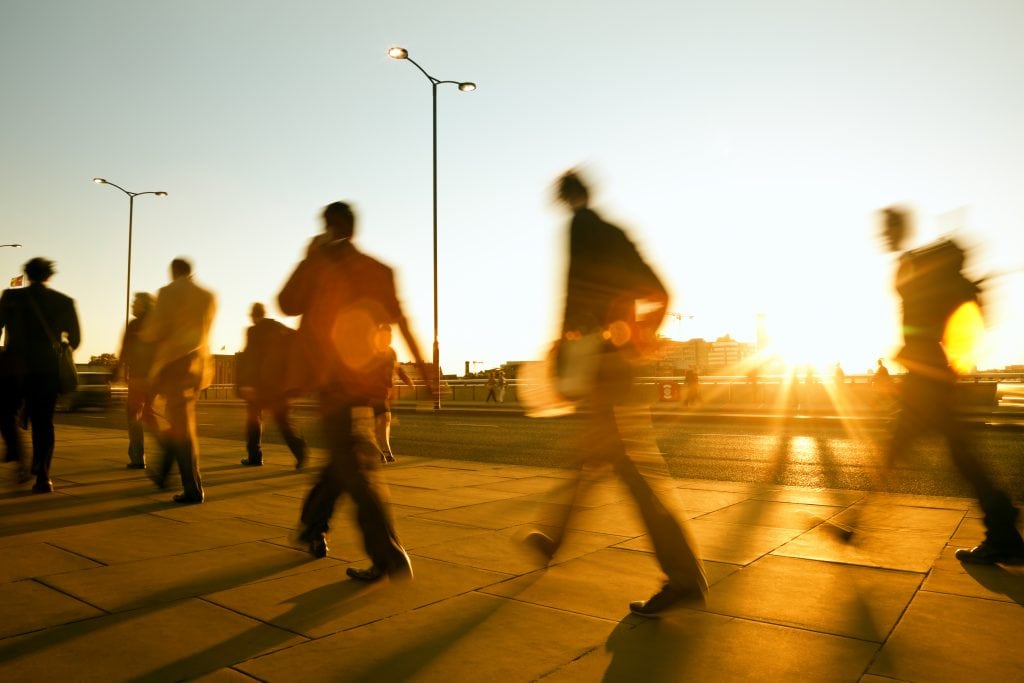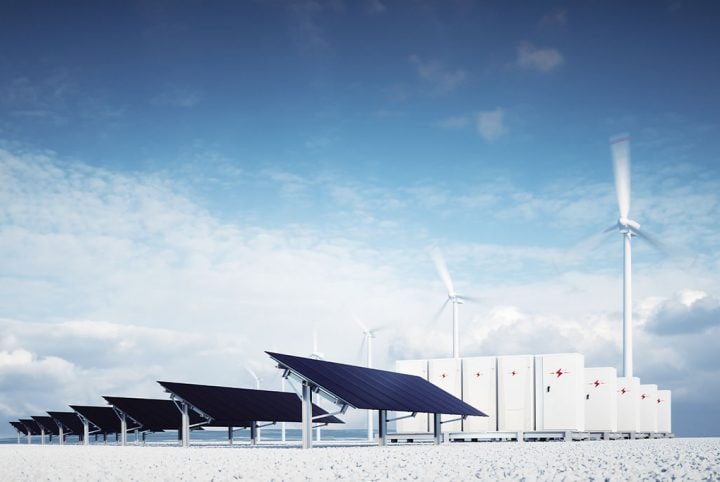
With average temperatures rising rapidly, some places might soon be too hot for inhabitants to make optimal economic decisions.
The latest IPPC report reveals that hot temperature extremes over land could become three to ten times more frequent by the middle of the century. But we don’t have to wait that long to find evidence that climate change is already having alarming consequences across the globe.
Nine out of the ten hottest years on record have occurred in the past decade. The most recent effects of this warming trend are currently being observed in India, where regions of the country are experiencing their hottest summer since record-keeping started 120 years ago.
This should be concerning because temperature has been consistently shown to affect human performance in a variety of disciplines as well as a wide range of health outcomes.
A new study from a group of researchers at Monash Business School’s Centre for Health Economics suggests that hot temperatures can also affect some of the core preferences that guide how people make economic decisions.
PhD candidate Michelle Escobar Carias from the Centre of Health Economics with her supervisors Professor David Johnston, Dr Rohan Sweeney and Dr Rachel Knott, investigated how heat affects people’s likelihood of irrational behaviour, affects their attitudes towards risk, and how they make decisions with future payoffs.
“These economic preferences are fundamental for investment decisions, such as our propensity to save, open new businesses, and invest in our health and children’s education,” Ms Escobar says.
Why are risk and time preferences important?
Our lives are full of big and small decisions.
“We are continually balancing the benefits of present and future payoffs. For example, by saving we give up buying things we want today for future purchases,” she explains.
Similarly, we are often faced with risky choices, which may have long-term benefits at short-term costs – investing savings in a risky business now in the hope that it will be a success in months and years to come.
“Our willingness to take risks, our level of patience to make investments now for potential future payoffs, our capacity to make rational decisions influence our future wellbeing,” Ms. Escobar says.
“Understanding how temperatures affect these choices is an increasingly important issue.”
Three ways temperature changes can affect choice
The team initially hypothesised that temperature changes could affect people’s choices through three potential channels: cognition; sleep; and mood.
First, hot temperatures have been shown to affect cognition, and cognitive resources are key to making optimal economic choices. Our brain is the most heat-sensitive organ in our body: its temperature can rise by up to 2.5°C after intense physical activity in high temperatures. At the same time, higher math skills in particular are associated with greater patience and more risk-taking.
Second, higher night-time temperatures decrease sleep duration, and sleep plays a key role in the production of insightful thinking. This is likely why better sleep is associated with lower discount rates and less loss aversion (when we prefer to avoid losses rather than acquire equivalent gains).
Finally, uncomfortably hot temperatures can affect our mood, and hormones associated with certain moods can shift risk and time-related behaviours. The temperature-aggression relationship has been documented in multiple populations such as football players, prison inmates, judges and university students.
Night versus day
Using a representative sample survey of over 50,000 Indonesian adults aged 15-90 years old, the researchers studied how temperature on the day when respondents were surveyed and on the night before the survey affected people’s economic preferences.
The researchers found that night-time temperatures above 22°C lead to a significantly increased likelihood of irrational behaviour and to higher impatience. These effects were mostly driven by temperature on the night prior to the survey, rather than by temperatures on the day of the survey.
“Every additional 1°C of midnight temperature is associated with a 3.2 per cent increase in irrational behaviour and a 1.5 per cent increase in impatience,” Ms. Escobar says.
To put it in context, this is equivalent to 30 per cent and 70 per cent of the gender gaps in these outcomes. The study also finds that the most likely mechanism behind these effects is depleted cognition.
“Higher night-time temperatures significantly reduce cognitive functioning the following day, particularly mathematical skills.”
Based on these findings, they believe that heat-induced night-time disturbances cause stress on parts of the brain, which manifest in significantly lower cognitive functions the next day.
“These functions are important for individuals to perform economically rational decision-making, and therefore high night-time heat leads to an increase in sup-optimal decision-making.”
Whose preferences are most likely to be affected by rising temperatures?
Ms. Escobar argues that the effects of heat on preferences will be spread unevenly: “The effects are especially likely to differ between high- and low-income households.”
The study shows that temperature effects are larger for people with lower schooling, those who reside in households with lower asset wealth, and in households with low electricity expenditure (thus unlikely to own air-conditioning).
These results suggest that poorer households are less able to mitigate their exposure to extreme outdoor temperatures, and therefore are the most negatively affected by heat in terms of the quality of their decision-making.
The study also argues that effects will differ between low- and high-income countries: “there are many possible reasons why, but one crucial difference between them is their ability to adapt to higher temperatures. For example, through ownership of air conditioning units”.
Rising incomes mean that the coverage of air conditioning across the developed world is becoming widespread in homes, office spaces, and public transport, protecting people from the harmful impacts of heat.
“There is evidence for this in the 75 per cent decline in heat-induced fatalities in the United States since the 1960s, which is almost entirely due to residential air conditioning,” Ms. Escobar says.
Conversely, in the developing world, the capacity to use technology to adapt to a warming climate is significantly lower. Approximately 13 per cent of dwellings in the world are without access to electricity.
Further, the energy infrastructure is unlikely to be able to cope with the demands that high energy use imposes on the system. Finally, households need to have the purchasing power to acquire air conditioning units. They also need to be able to afford the electricity bills.
What this means for policymakers and researchers
“Our study suggests that climate change, through increased warming, may have subtle yet more tangible and measurable impacts on the quality of our day to day decisions, than previously appreciated,” says Ms. Escobar.
“Although apparently short-lived, the economic effects of heat on economic preferences can potentially add over time if these turn into disinvestment in risky yet potentially beneficial choices and into myopic behaviour.”
She continues, “while adaptation through, for example, air conditioning use could potentially reduce these effects, we cannot abstract from the fact that their ownership and use is not only financially prohibitive to many families but also likely to increase greenhouse gas emissions”.
The researchers argue that although these findings are specific to one particular country, Indonesia, because hotter temperatures have been shown to disrupt cognition even in developed countries, the implications of their study extend beyond one country and one population.
Ms. Escobar believes that, as the evidence across multiple contexts grows, researchers will be more able to predict whose economic preferences are affected by rising temperatures.
“Future research should also explore what other options for heat mitigation are available in particularly poor settings, where owning and using an air-conditioner is just not feasible,” Ms. Escobar says.
“The effort is necessary, as the answers are important. Optimal and rational decision-making shapes the way we think about the future, the investments we make in education and health, and even our openness to adoption of innovative technologies such as new vaccines.”


